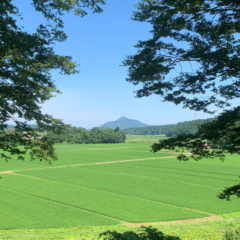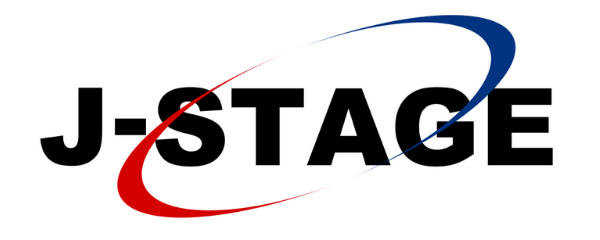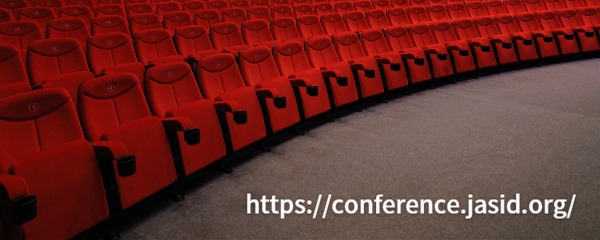[RG24-2] ICT for Development (ICT4D)
Over recent years, the international development sector has witnessed a rise in ICT-related projects, including digital transformation (DX) and innovation. This trend, driven by a significant increase in cooperation between public and private sectors, has resulted in transformative social changes catalyzed by digital tools and an increase in ICT applications in varied sectors, such as business, education, and peacebuilding. However, challenges are also accumulating, including ethical issues related to AI, information management and censorship,...
[RG24-5] Bridging Theory and Practice in Educational Development
This research group aims to reimagine the field of International Educational Development by bridging theory and practice. It intends to do two main activities: 1) facilitating a series of dialogue between next generation scholars and practitioners in this field to better understand each other; and 2) proposing new image of the field through collaborative explorations of the past and current experiences. The research team has already launched an informal study group last year, where...
[RG24-4] Genealogy of Development Discourses
It has been more than 30 years since the establishment of the Japan Society for International Development (JASID). During this period, the global agenda regarding foreign aid has undergone significant transformations, the motivations driving donor countries to provide foreign assistance have shifted, and the domestic social challenges faced by donor countries have also evolved. JASID cannot remain unaffected by these changes in the academic and social landscape. The objective of this study group is...
[RG23-1] Gender and Development
The enhancement of gender equality and women’s empowerment is an important issue to be addressed by the global community. It is also the target of an independent goal, Goal 5, and considered from a cross-disciplinary perspective to tackle other goals in the Sustainable Development Goals (SDGs). The concept of ‘Gender and Development’ has been adopted since the 1970s. It has made women visible in the development field and raised awareness of gender issues in...
[BO-3] KEIJI Branch
Director: Matsuo WATANABE (Ritsumeikan University) In Kyoto-Shiga region, universities specialized in international cooperation and development issues are highly concentrated. The researchers and practitioners form clusters of their own, but this is not necessarily reflected in the development and expansion of JASID’s activities. The Keiji Branch is intended to provide opportunities for information sharing, discussion, research study for a wide range of people interested in development and international cooperation in the region by promoting cooperation...

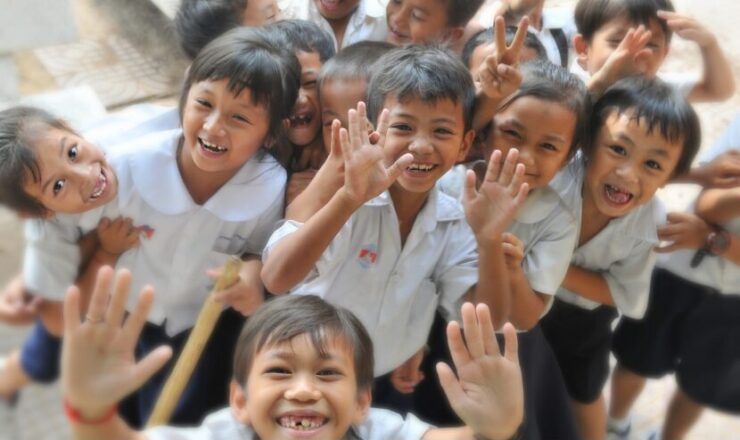

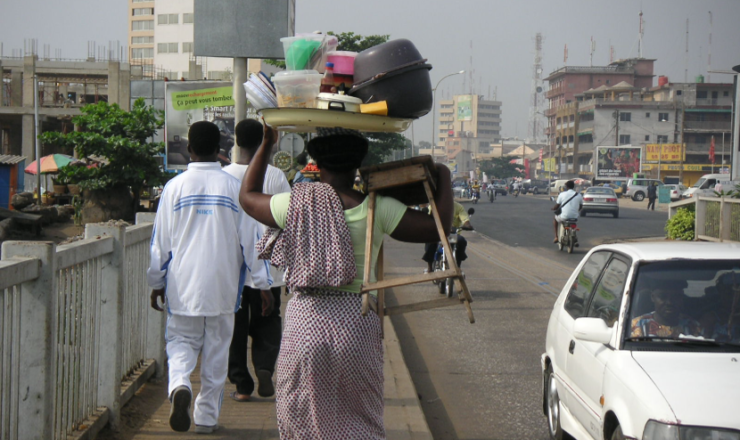

![社会課題解決のための開発とイノベーション [FY2022-]](https://jasid.org/wp/wp-content/uploads/2021/11/eye-Solving-Social-Problems-240x240.png)


